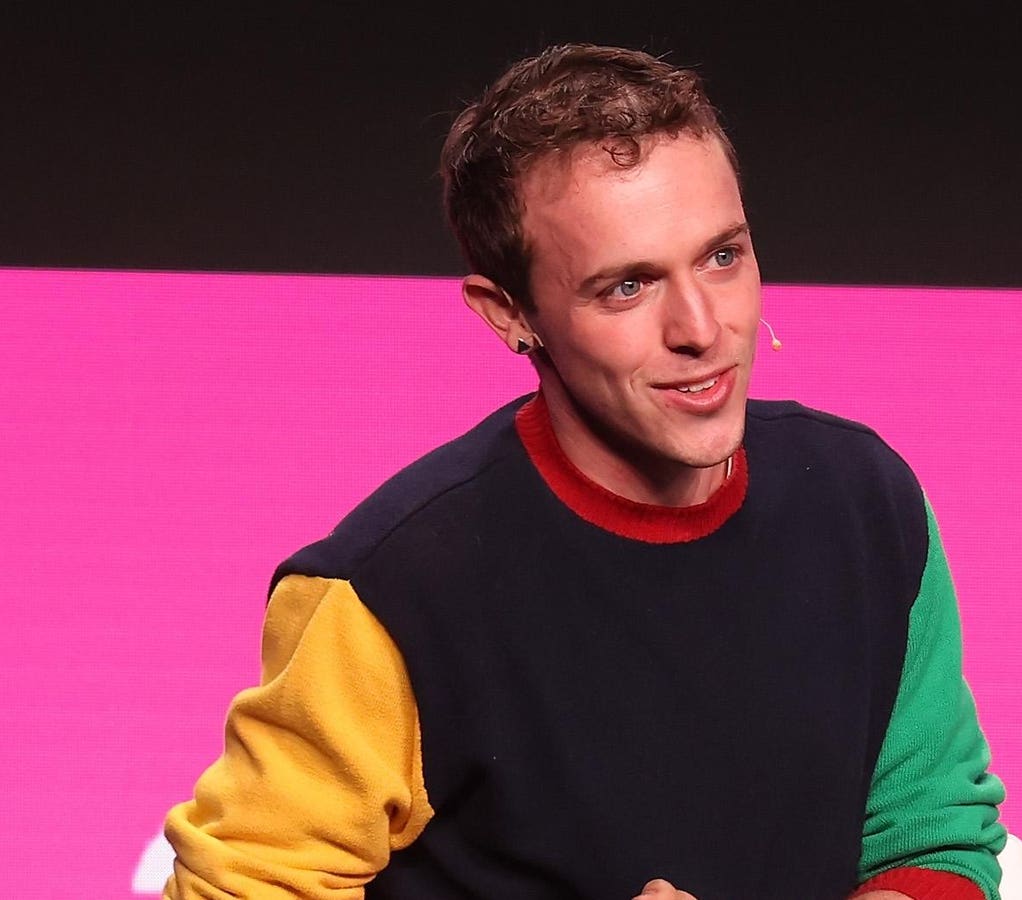In August, Ryan Breslow stunned investors with his plan to return to the helm of payments startup Bolt. But that shock quickly turned to anger when investors like Blackrock and Hedosophia realized Breslow aimed to effectively wipe out shareholders who didn’t buy into the $450 million raise. Blackrock and Hedosophia sued to block the round a month later.
Six months later, the deal is still on ice. But one Bolt shareholder has managed to escape the turmoil. Delaware’s Court of the Chancery ruled in a December 16 hearing that Bolt investor Activant Capital could sell $37 million of its shares back to the startup.
That ruling ends a legal battle that began in July 2023, when Activant sued Breslow, accusing him of saddling the startup with $30 million of debt to repay a personal loan after he defaulted on it. Breslow had used his shares as collateral to take out the loan but instead of allowing them to be cancelled to settle the debt, he repaid the loan using money from the company’s bank accounts, and then fired Activant founder Steve Sarracino and other Bolt board members who opposed the plan. At the time, Breslow said it was his “unfettered right” to remove Bolt’s directors, and called Activant’s suit “nothing more than sour grapes.”
Bolt and Activant had struck a deal for the lawsuit to be settled back in May 2024 but this was blocked by an objection from a trio of Bolt’s largest backers — BlackRock, Hedosophia and Untitled Investments. Now the courts have allowed the settlement to move ahead. That means Bolt will pay Activant $37 million for its shares, and the same value of Breslow’s Bolt shares will be cancelled.
“For the avoidance of doubt, to borrow a phrase from Activant, nobody is getting a ‘gold star’ here,” said Vice Chancellor Nathan Cook of Delaware’s Court of the Chancery in the ruling. “Far from it, particularly given the long sequence of events that got us here.”
Activant declined to comment. Bolt declined to comment.
The ruling is a win for the Connecticut-based venture fund that had sought to rein in Breslow, and to cash out its investment in Bolt, after leading its Series C round in 2019. By January 2022, Breslow had lined up a $355 million investment from Wall Street heavyweights like BlackRock, valuing Bolt at over $11 billion, and his own stake made him one of the world’s youngest billionaires. Weeks later he resigned as CEO after a Twitter tirade directed at Stripe, Y Combinator and Sequoia. Then came lawsuits from customers like Authentic Brands Group, claims of inflated metrics and an SEC investigation (which the agency later dropped). He returned in August with a plan to raise $450 million to turn Bolt into a WeChat-style super app.
Investors balked over the terms of the deal, which valued Bolt at over $14 billion but returned Breslow as chief executive with a bumper salary and expenses package; entangled the startup with Breslow’s other project, the health marketplace Love; and gave investors just days to commit or see 70% of shares effectively wiped out. To top it all off, Forbes reported that the lead investor named in the round had never heard of Bolt, while at least $250 million of the round came in the form of “marketing credits” from an obscure fund.
“They put forward extremely unusual press reports that, to say the least, seemed to contradict and undermine highly material assertions in the company’s communications to investors,” noted Vice Chancellor Cook in the ruling.
Breslow, Bolt and its remaining shareholders remain stuck in legal limbo, with the BlackRock lawsuit stalled. Bolt’s board has formed a special committee to find a fix for the conflict with its shareholders. But the committee is made up of just one person: Bolt director and video games developer Michael Carter, who is a close friend of Breslow’s. Investors have claimed that Carter is conflicted and pushed for new independent directors to be appointed to Bolt’s board and the special committee reviewing the deal, to no avail.
Got a tip for us? Contact reporters Sarah Emerson at semerson@forbes.com or 510-473-8820 on Signal, and Iain Martin at iain.martin@forbes.com.
Carter joined the Bolt board in 2023, after Breslow forced out a series of directors from Activant, Tribe Capital and WestCap in March 2023. They were replaced by three of Breslow’s friends: music producer Larrance Dopson, journalist Esther Wojcicki (mother to Susan Wojcicki and “Godmother of Silicon Valley”) and The Mighty Ducks child actor and crypto investor Brock Pierce. Carter and Dobson remain on the Bolt board with property developer Joel Schreiber, who faces contempt of court charges in his ongoing legal dispute with Starwood Property Trust over a $130 million debt. Schreiber did not respond to a comment request.
Back in August, Breslow had billed the $450 million fundraise as essential to relaunch Bolt as he warned that the business was losing market share. That sense of urgency seems to have evaporated as Bolt struggles to answer questions about the strange deal.
For investors who committed over $1 billion of capital to the one-time rising fintech startup, there was some good news on its financial health from the court hearing. Despite Bolt reportedly losing $310 million on just $27 million of revenue in 2023, Vice Chancellor Cooked noted: “the Company is now in a much better cash position and on better financial footing,” based on numbers revealed in disclosure hearings but not made public.
Read the full article here


